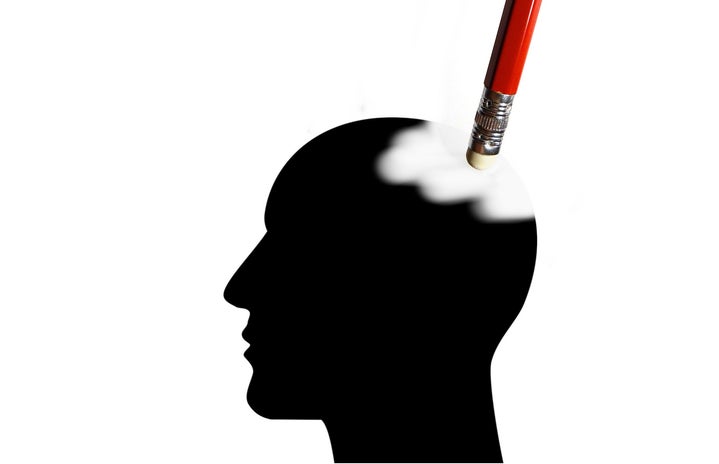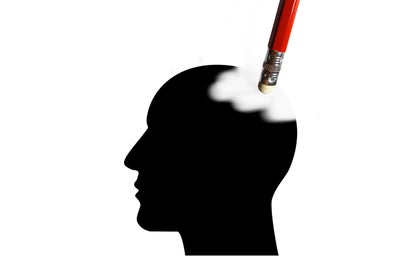Ever want to blame anyone but yourself? Looking for a reason to hate something without needing a reason? Welcome to the unconscious. It is everything you wanted to know without knowing!
So let us talk about Freud. Yeah, sure, he 100% pioneered the movement to look into the unconscious, but I do not think every single person’s mind is geared towards sex and I do not think that every child wants to have sex with their parent. For now, let us focus on what Freud said about the unconscious to understand what the original thought behind it was.
There is a three-level model of the mind and its thought processes. The conscious mind makes up all of our thoughts and actions that we are aware of. For instance, how we can see the vibrant colors of a lily or smell someone’s cologne.
Then there is the second, middle ground of the mind: the subconscious. This makes up all of our reactions and automatic actions that we only become aware of when we think about them. This can be seen when we have to drive a car: once we are comfortable with the controls, we no longer have to think about which pedal to press or where a certain button is.
Then there is the unconscious mind, which is the focus of this article. The unconscious mind makes up all of our past events and memories. This might be inaccessible to people, no matter how hard we try to bring a memory to the conscious mind. An example of this would be when we try to remember our first word or our first steps.
According to Freud, the unconscious mind is what drives almost all human behavior. Everything—down to our feelings, our motives, our decisions—is so incredibly impacted by our past experiences. Freud found that there were events that his patients had pushed far into the unconscious in order to protect themselves from the pain that the memory would cause. He believed that this part of the mind held all our primitive urges, and they never reached our conscious minds because the thoughts are not acceptable to us.
This part of the mind holds repressed feelings, buried memories, habits, reactions, thoughts, and desires. So if you ever wonder why you are doing something or why you cannot quite remember something, blame your unconscious mind.
When you find yourself asking, “Why can’t I remember that tumultuous part of my life?” blame the unconscious mind (and repression).
If you are wondering why you cannot make decisions, maybe it is due to the unconscious part of your mind reminding you that you never had to, that every choice was made for you, or that you only ever had one option.
Called your new girlfriend the name of your old girlfriend by accident? Having weird dreams? It is all in the unconscious mind.
Remember! It is always a fair bet to blame the unconscious!
It can impact your current mental state and cause problems, such as anger, bias, compulsive behaviors, difficult social interactions, distress, and relationship problems. If you go a step further and ask Freud, all of our basic urges are also contained in the subconscious, such as sexual instincts and primitive ones related to survival.
There are tons of defense mechanisms that people use to protect themselves from their unconscious. There is repression, in which people will unintentionally hide their trauma to keep it from becoming conscious. There is then suppression, in which the same thing happens but is done so consciously. Although there are many other types of defense mechanisms, repression tends to be the one most aligned with the unconscious, according to Freud.
Freud believed that every unhappy, traumatic, disturbing, threatening thought we have had as a child gets repressed into the unconscious. We do not want to remember, so we do not. We use defense mechanisms to keep ourselves happy and stable, able to function in everyday life. If we ignore our problems, if we repress them so far down that we forget them, then we are not hurt by them.
There are tons of therapy tools to bring the “unconscious to the conscious,” such as free association, in which someone can bring their unconscious feelings to the forefront by having the patient relax and say whatever comes to their mind. Freud believed that he could trace these thoughts back to repressed desires and memories from childhood.
There is also dream interpretation in which Freud believed that dreams might hold information from the unconscious in a disguised form. He would examine the content of a dream in an attempt to uncover the unconscious meaning of a dream. Freud saw dreams as a type of wish fulfillment since the urges that came out in dreams could not be expressed in a patient’s regular lifestyle.
So if you are ever unsure, feeling down, or just looking for something to blame? Blame the unconscious!


